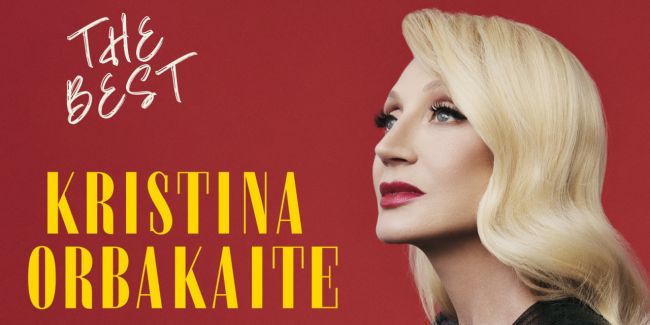Singer Kristina Orbakaite does not intend to give up and plans to “defend the right to speak in front of her audience in Latvia in court.” She reacted to the cancellation of the summer concert and the ban on entering this country with an angry post on social networks.
“The cancellation of my concert and the ban on entry to Latvia is not just a decision against an artist. This is a violation of all international norms and principles on which the modern world is built. This decision violates not only my rights as an artist, but also the foundations of international law, freedom of speech,” the artist is sure.
Orbakaite stressed that she had never taken part in political conflicts and did not support them. She is sure that music and the stage are a place that unites people, and not a reason for separation.
According to the singer, defending their rights in this situation is not only a matter of personal justice, but also the principle: “art should have no boundaries.”
“I am deeply disappointed, but I have not lost faith in dialogue, reason and human values. Thank you to everyone who supports me at this time. The music continues to sound, the concerts continue,” concluded Orbakaite.
Most of the singer’s subscribers expressed regret over the cancellation of the Latvian concert, recalling her performance and the delight of her fans in Jurmala, and stating that in this situation “even mom will not help.”
At the same time, the singer was reminded that she had not spoken in any way about the special military operation of Russia on Ukraine.
“Christina, you will have everything, but you need to decide and declare your position, because there are questions,” “It won’t work. A person without a position is worse than an enemy. You don’t know what to expect from him”, “You definitely haven’t expressed your position, although as an artist I am I have always loved and love you very much,” the fans say.
As EADaily reported, Orbakaite and Serbian-Croatian musician and composer Goran Bregovic, living in France, were banned from entering Latvia at the end of April by the country’s Interior Minister Rihards Kozlovskis. The minister explained that both musicians were included in the so-called “black list” at the request of the State Security Service (SSS).
The State Security Service said in a statement that the appearance of such persons in Latvia “does not correspond to the interests of the country’s national security, as it may contribute to interethnic tension in Latvian society.”
Moreover, both artists had concerts planned in Latvia in the summer, for which, at the time of the announcement of the ban, tickets had already begun to be sold.
